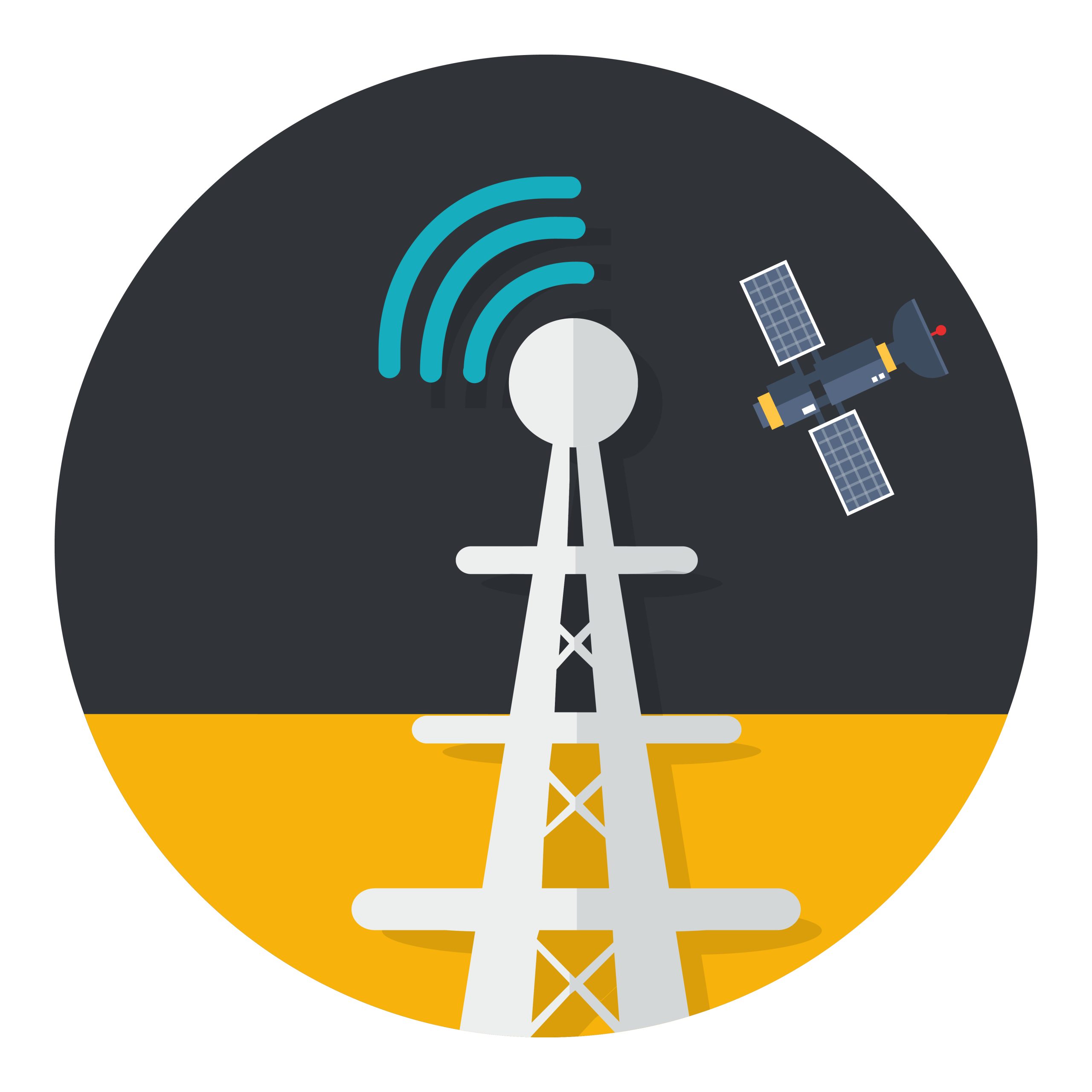Follow Us :
Weather forecasting has gone a long way from mere cloud gazing. Today, Numerical Weather Prediction (NWP) models have become the backbone of modern weather forecasting and consequently a powerful tool to predict weather with escalating accuracy and lead time. Rootfacts, a front-runner in weather technology space offers advanced NWP models specifically built to strengthen weather organizations in their pursuit for more accurate and dependable forecasts.
This inclusive guide penetrates into Rootfacts NWP models’ domain revealing their underlying principles, functionalities as well as how they use cutting-edge technology to usher in a new era of weather forecasting for the weather industry.
NWP models are complex computer programs that imitate how the atmosphere behaves by:
The model divides three-dimensional atmosphere into grids each representing an air volume.

These include thermodynamics, fluid dynamics, and radiation transfer among other fundamental laws governing atmospheric processes.

The model is initialized with real-world atmospheric data collected through observations from various sources such as ground stations, satellites and radars amongst others.

Over time the model performs complicated mathematical calculations that simulate changes in atmospheric variables such as temperature, pressure, wind speed humidity etc within each grid cell.

We stands at the frontline of advancing weather prediction technologies through its NWP models which integrate:
They provide finer resolutions for local meteorological features and complex atmospheric phenomena through increasingly high-resolution NWP models.
This is about making sure that real-world observations are accommodated by our models gracefully; using advanced data assimilation techniques (which we discuss separately) so that these models are based on the latest weather data for the most accurate forecasts.
The NWP models used by our employ ensemble forecasting strategies. This entails running many slightly perturbed initial condition sets to produce various views of forecast uncertainty and possible weather states.
We has gone ahead to embed machine learning algorithms in its NWP models. These enable the models to learn from a large amount of historical weather data and improve their predictability over time.
Our NWP models provide an extensive range of functionalities which include:
There are forecasts with a lead time of only a few hours up to several days, including now casting, extended outlooks and medium-range predictions.
With the help of Our model, it is possible to obtain probabilistic forecasts showing the probability or chance for several different types of weather conditions happening; thereby refining forecast uncertainties.
Such events can be detected early through either identification or prediction by these systems like thunderstorms, hurricanes, blizzards etc. thus allowing for timely warnings and preparedness actions.
For instance precipitation amounts, wind gusts, wave heights among others as relevant parameters in various user needs could be generated using Rootfacts NWP model customization processes.
The software includes visualization tools such as maps, graphs and charts that help in presenting forecast information easily understandable manner.
For instance a number of advantages that come with using Rootfacts NWP models to weather organizations include but not limited to;